Canada - New Digital Services Tax Caused a Trade Dispute with the US

Many were surprised when, in June this year, Canada announced the introduction of a Digital Services Tax (DTS) that would apply retroactively to in-scope revenues earned since January 1, 2022. This decision caused dissatisfaction with the US, which claims that implementing this is discriminatory and opposite to the United States-Mexico-Canada Agreement (USMCA).
Therefore, the US requested a trade dispute consultation with Canada as a first step to resolving the issue.
Impact of DST and Potential Consequences of Dispute
The retroactively applied DST imposes a 3% tax on the revenue earned by large businesses and foreign companies that generate revenue in Canada through online marketplaces, online advertising, and social media platforms services or monetize user data related to Canadian consumers. The DST applies to large companies and groups that generate annual revenues of USD 750 million or more and CAD 20 million for digital services provided in the Canadian market.
From the US perspective, US-based companies that provide digital services to Canadians are affected mainly by DST. Additionally, current DST rules put Canadian companies in a more favorable position.
Based on those claims, the US states that Canada breaches the USMCA, which defines that US businesses must not be in a less favorable position than Canadian-based businesses. In essence, the US claims that Canada is breaching the cross-border trade in services and investment chapters of the USMCA.
According to the USMCA rules, there is a 75-day window to reach an agreement regarding this dispute. However, if the deal is not made in that timeframe, a dispute settlement panel may be requested under the USMCA to resolve this matter.
Conclusion
While it remains to be seen how this dispute will be resolved, one potential consequence might be the imposition of similar measures from the US side, such as tariffs on imports from Canada.
In addition, the US announced that it will continue to work on multilateral agreements to address the challenges imposed by international taxation of digital services and prevent similar problems in the future.
Source: Office of the United States Trade Representative, Reuters, VATabout

More News from Americas
Get real-time updates and developments from around the world, keeping you informed and prepared.

South Carolina Sales and Use Tax: Rates, Nexus, Exemptions

Arkansas Sales and Use Tax: Rules, Rates & Nexus Explained

Minnesota Sales and Use Tax Guide: Rates, Nexus & Exemptions

Peru VAT Rules for Non-Resident Digital Services: Filing & Compliance

Detroit to Accept Cryptocurrency Payments for Taxes in 2025

-e9lcpxl5nq.webp)










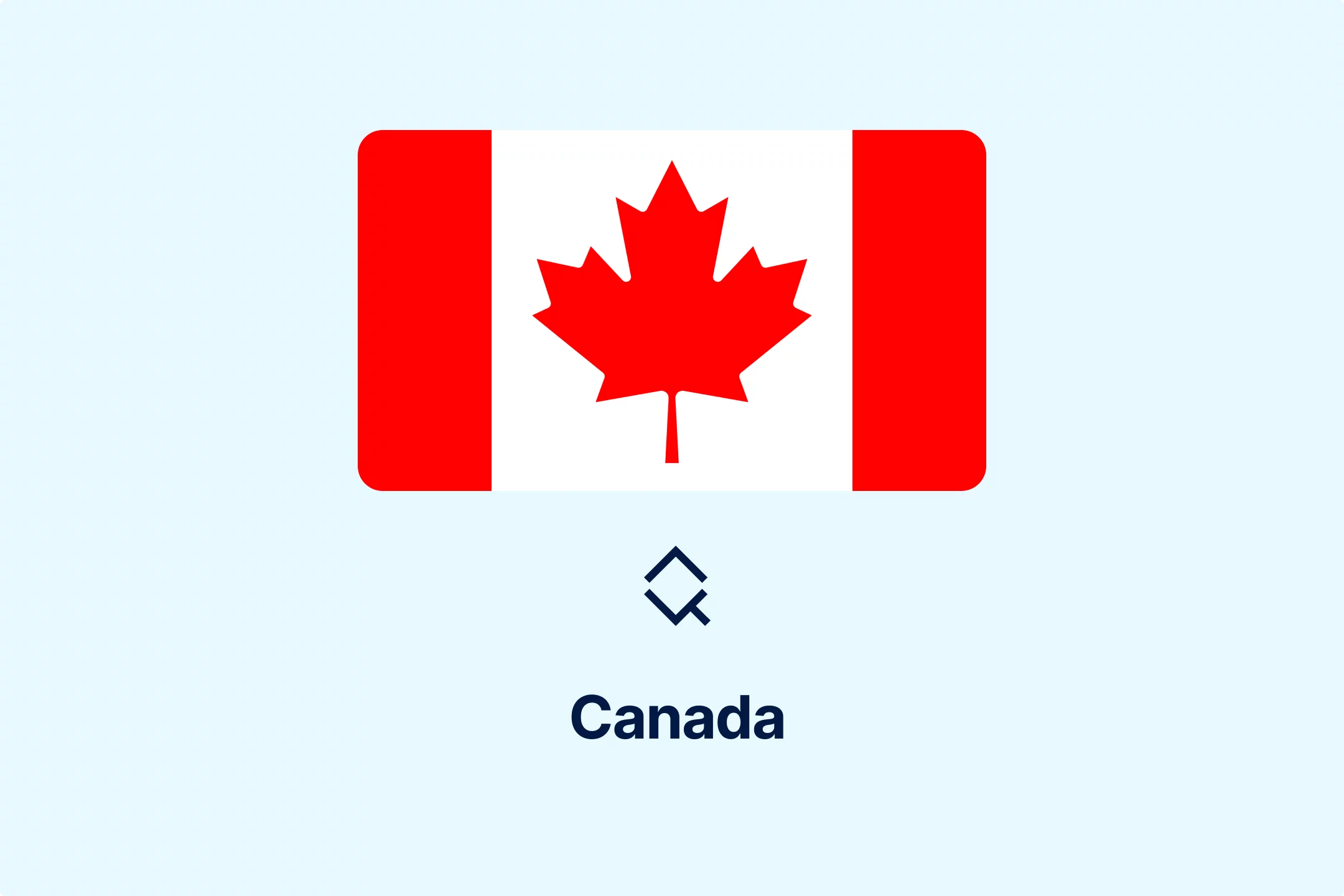





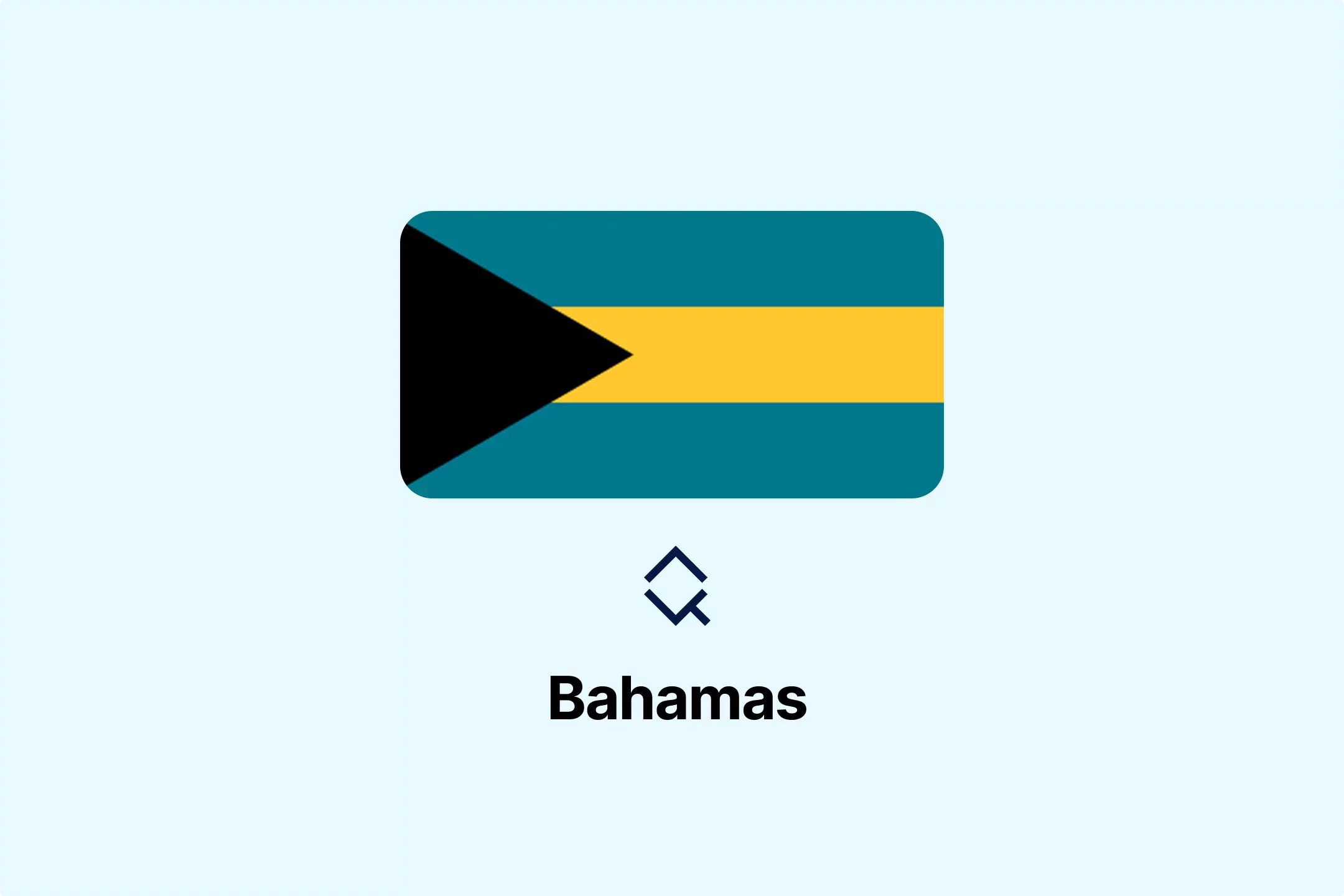



-qoqtiao7l2.webp)
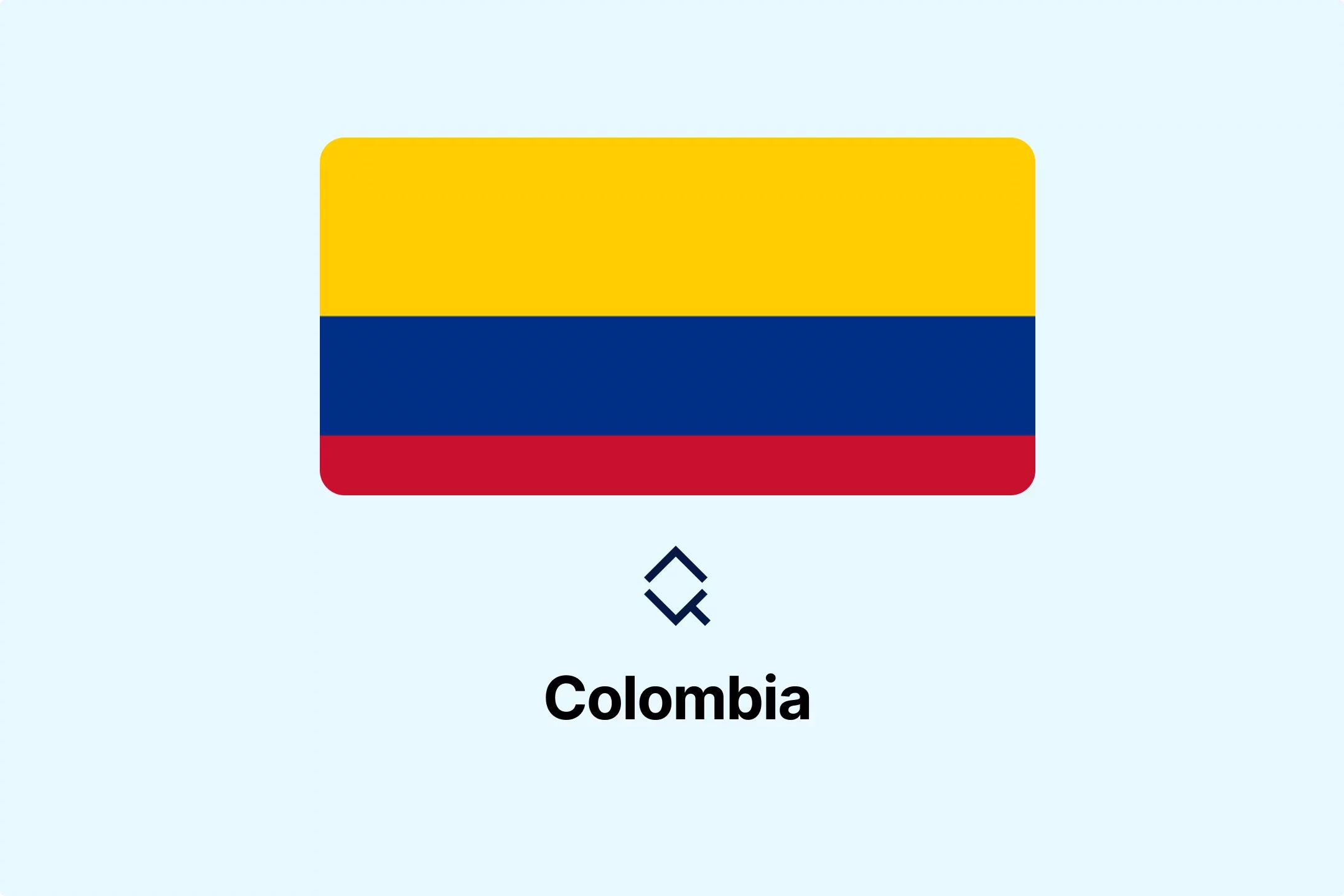
-pdupgqz2r8.webp)






-o0xyg5unvs.webp)


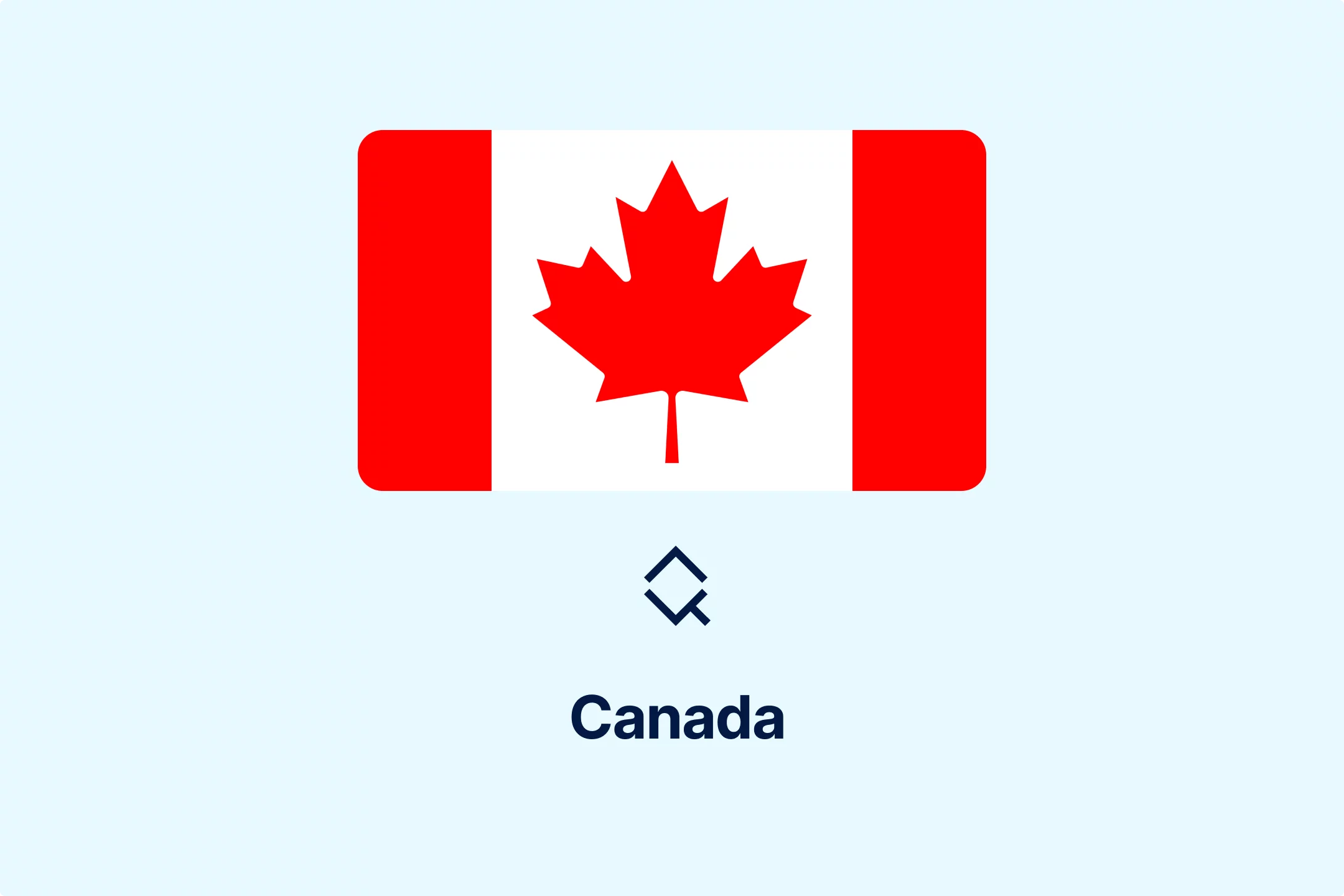




-sebuexzucq.webp)







-sug7vykj81.webp)






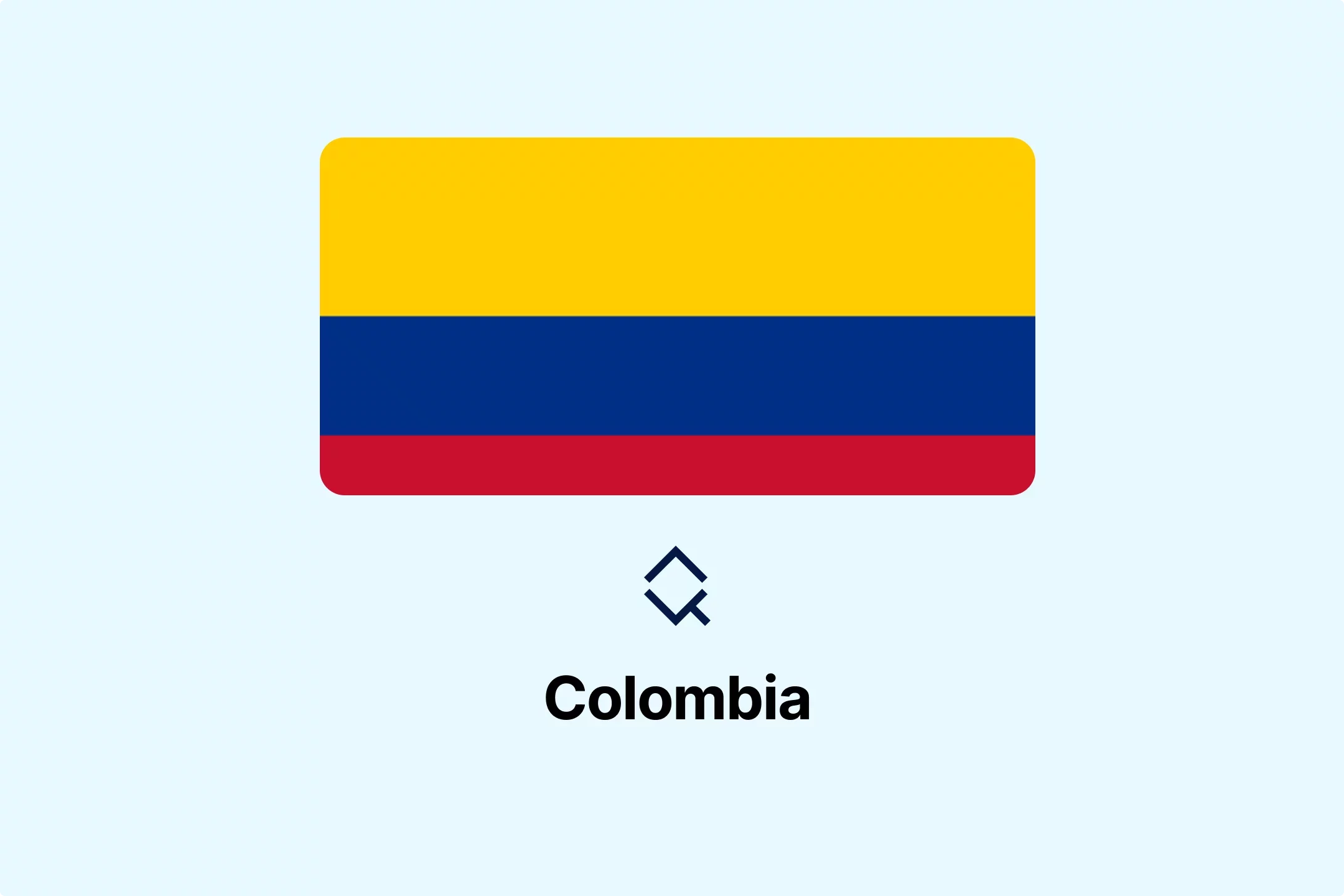
-gsvc6ack9u.webp)







-xsarn0aogt.webp)

-hcel6azmgf.webp)



-p6e3ovhdh3.webp)


-fbovkq9h8b.webp)
-pofe7ucwz3.webp)


-d3qhimei1d.webp)






-nilkffjhah.webp)












-xbhr0m4jsb.webp)


-ae6fi6cjox.webp)
















-b0fpsws1w1.webp)






















-x78wuofpzj.webp)



















-b44f1vjl1i.webp)



-priw8nq5xc.webp)
-8bkw2pujxu.webp)


.png)
.png)




.png)













































